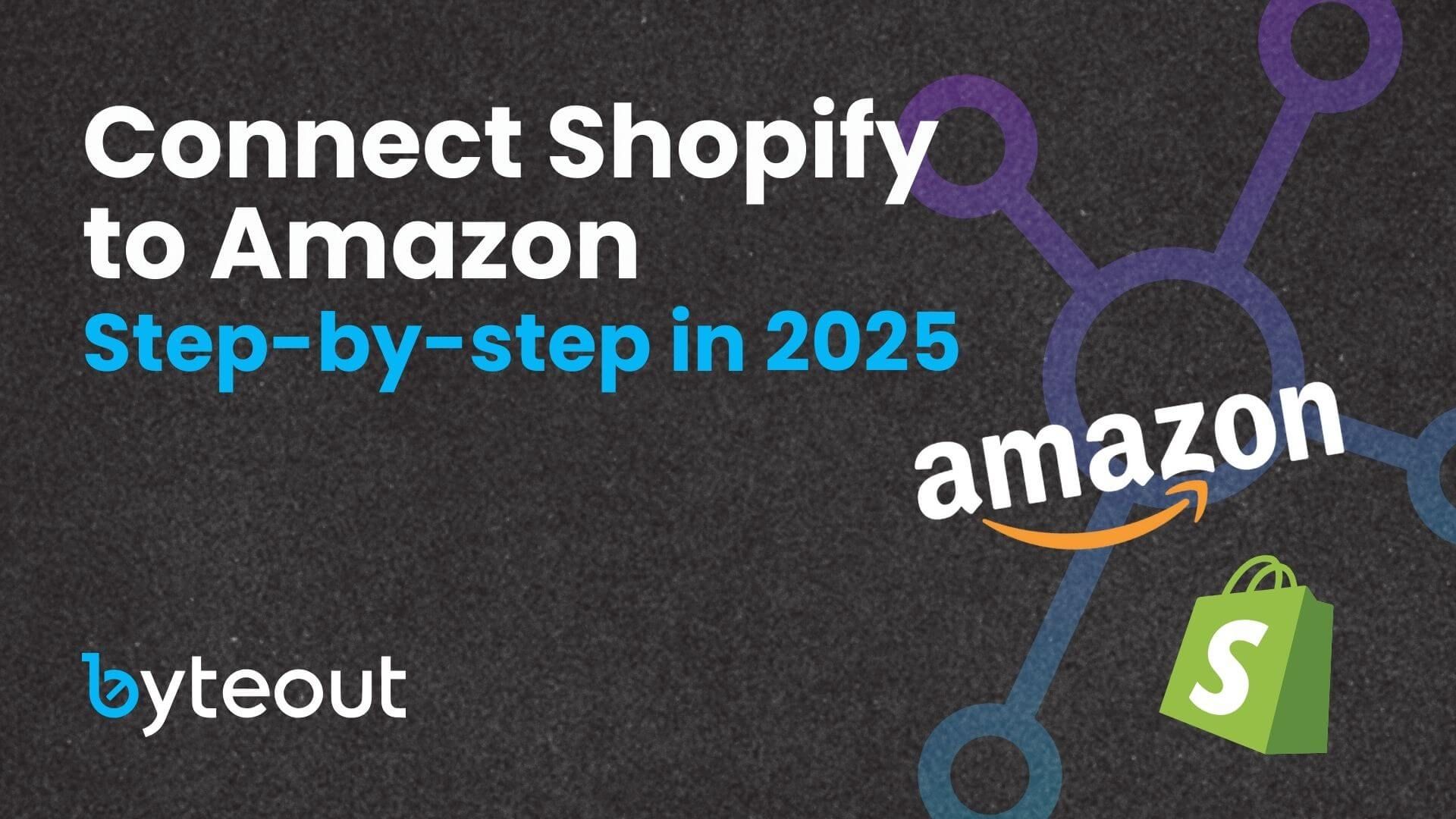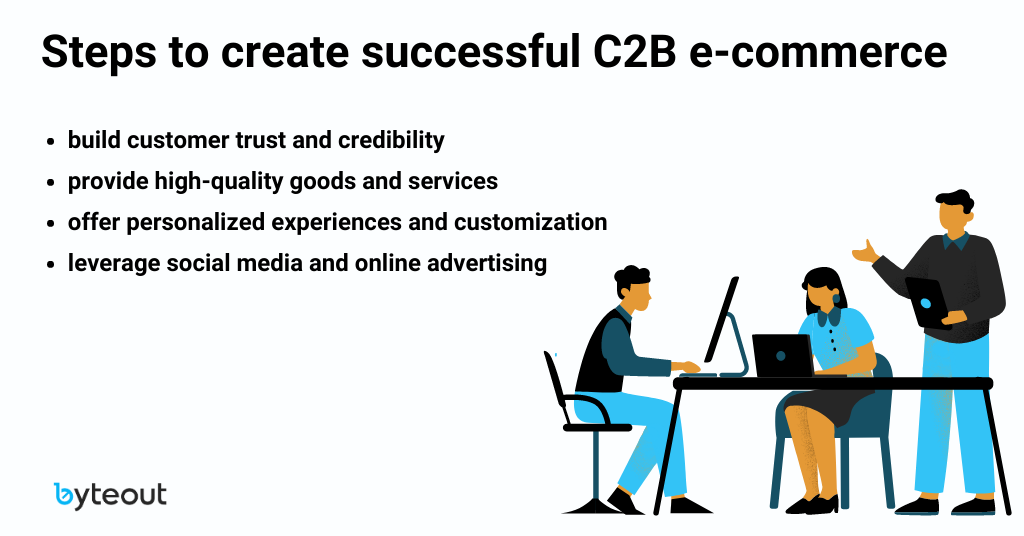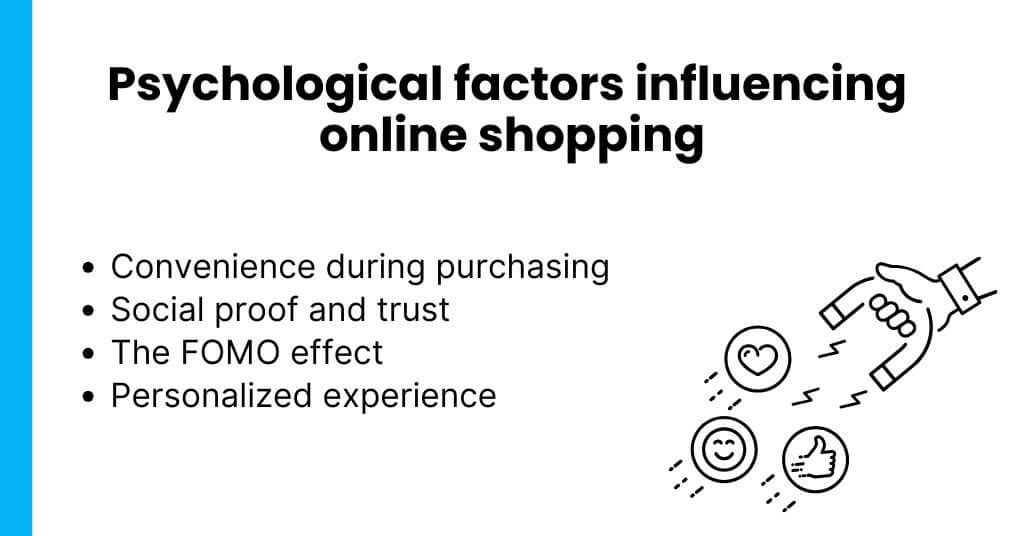
The Era of Blockchain
Living in the digital age means that updates in tech are integrated into your daily life faster than you think. There are tons of ways new data and technology are coming to the forefront, and keeping up with all these innovations can be harder than expected. Last time on the blog, we talked about developing an API for NASA that could deliver quality data suitable for use in web and mobile applications. Today, we are going to tackle a different type of database, one that’s been at the forefront of discussion for many years. Here are seven reasons why blockchain technology is proving itself to be the future of software.
Advancements in the Legal Sector
The days where bureaucracy has held legal developments and processes back may soon be a thing of the past. Blockchain has been employed in the legal sector for a couple of years now, and the technology is quickly gaining ground. Fintech writer James Gonzales lists several ways that blockchain has been of use in the legal sector, including smart contracts, long-duration records, and corporate filing. The way it is already disrupting the industry is helping to streamline operations and is doing away with menial tasks so that lawyers can spend their time looking after more pressing matters.
Land Registry
In 2016, the Georgian government in partnership with Bitcoin hardware and software firm Bitfury Group launched a project to register land titles via blockchain technology. The land titles were registered via a private blockchain then verified using Bitcoin’s public blockchain. This has been seen as a vote of confidence in technology that was once colored by illicit activity, and as a process is also being used in Sweden, Honduras, and Cook County in Chicago, USA.
E-Gaming
Blockchain technology has also been used to protect e-gaming from fraud and theft. ComputerWorld reports that the Isle of Man granted the world’s first reputable license for a blockchain lottery in 2017. The Qanta lottery uses smart contracts to sell tickets, select winners, and pay out winnings using cryptocurrency, reducing chances of fraud and theft.
Combating Counterfeiting
The nature of blockchain as a fully transparent ledger means that it has several applications in the financial world. One of these applications has been utilized by no less than the European Union Intellectual Property Office, which is using blockchain technology to combat counterfeiting. Counterfeiting costs the EU over €60 billion a year. By partnering with coders and private sector companies, the EUIPO hopes to release an app or product based on blockchain that can reduce the number of counterfeit products in the EU.
Government Services
One of the main concerns with digitizing government services is how to ensure data security, a problem that may soon be done away with thanks to blockchain technology. According to Quartz, Estonia has been at the forefront of what is called a genuinely digital society. E-Estonia connects government services in a single digital platform, and the country has been testing distributed ledger technology since 2008.
Healthcare
Keeping patient data safe and secure is of utmost importance, which is why IBM Watson Health has teamed up with the Center for Disease Control and Prevention to use blockchain to securely share patient data. This collaboration aims to address a lack of transparency and security with patient data, as well as improve the fluidity of data in the healthcare system.
Elections
In the hopes of making electronic voting more secure, countries around the world have been testing the waters of using blockchain technology to protect and verify a vote. Among the leaders in this initiative is Denmark’s Liberal Alliance, which used blockchain for its internal voting processes as early as 2014. Countries like Estonia also allow citizens and e-residents to make use of blockchain-based e-voting to vote in company shareholder meetings.
This article is specially written for byteout.com by a contributing author Rose Jacobson.
Our ecommerce nerds recommend reading

Best Amazon FBA course: Top picks for 2025

Connect Shopify to Amazon: Step-by-step in 2025

C2B e-commerce









